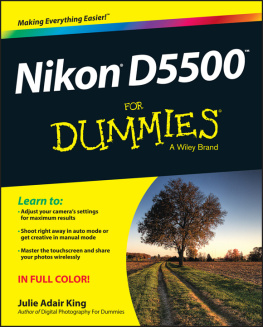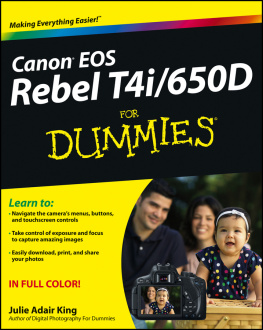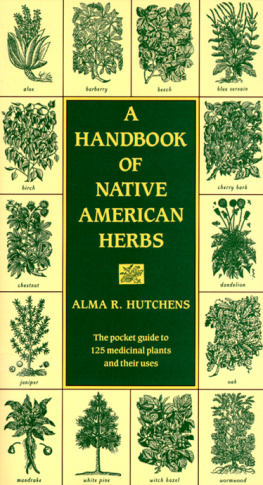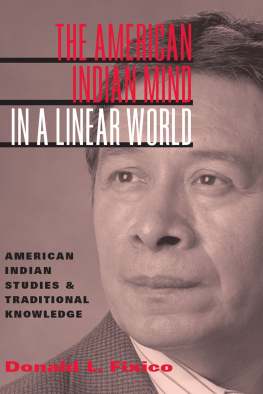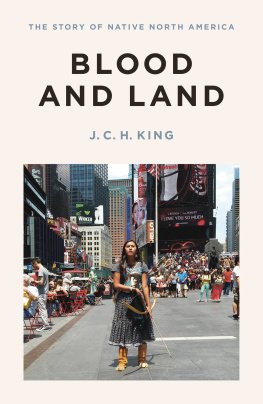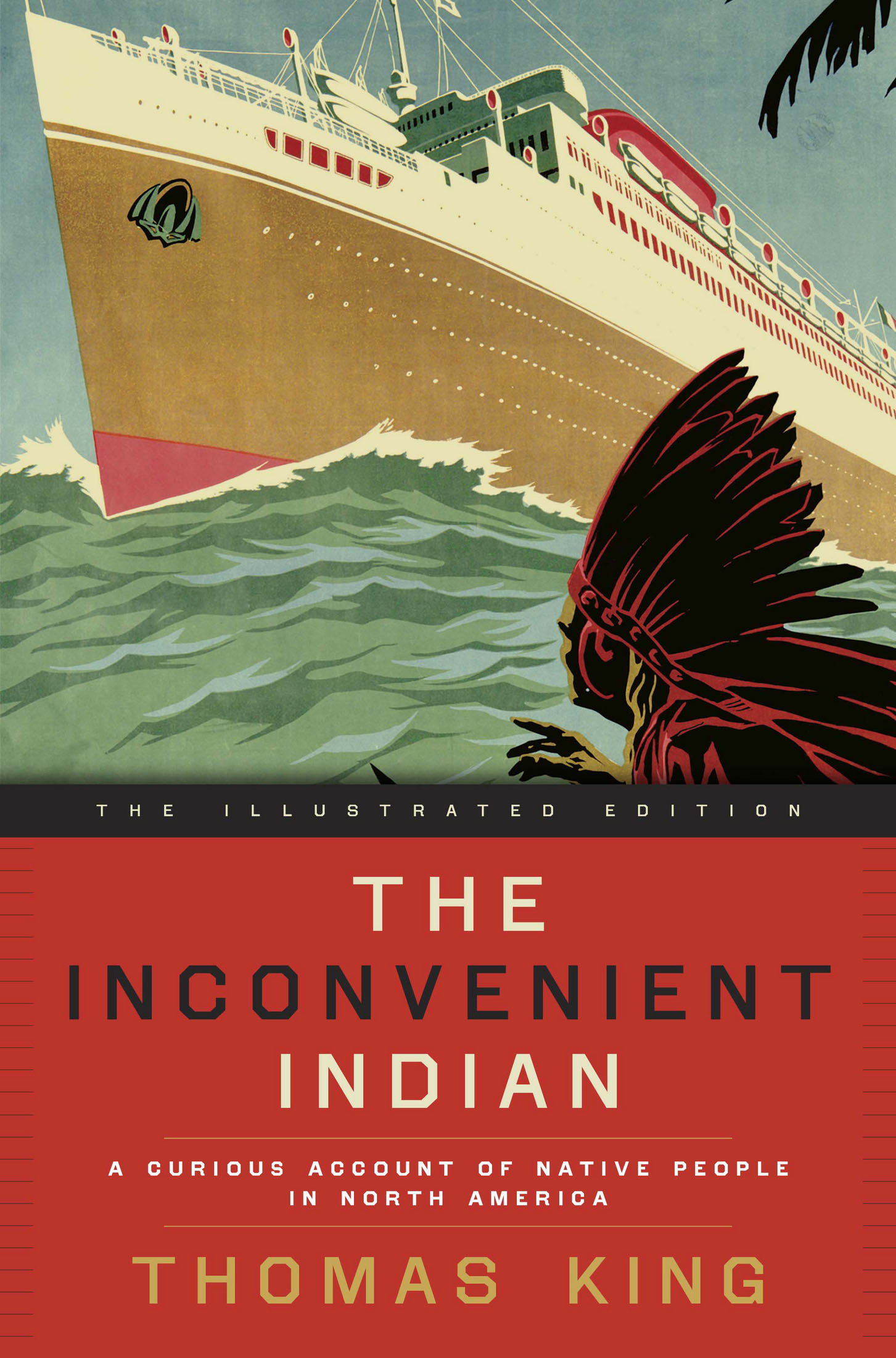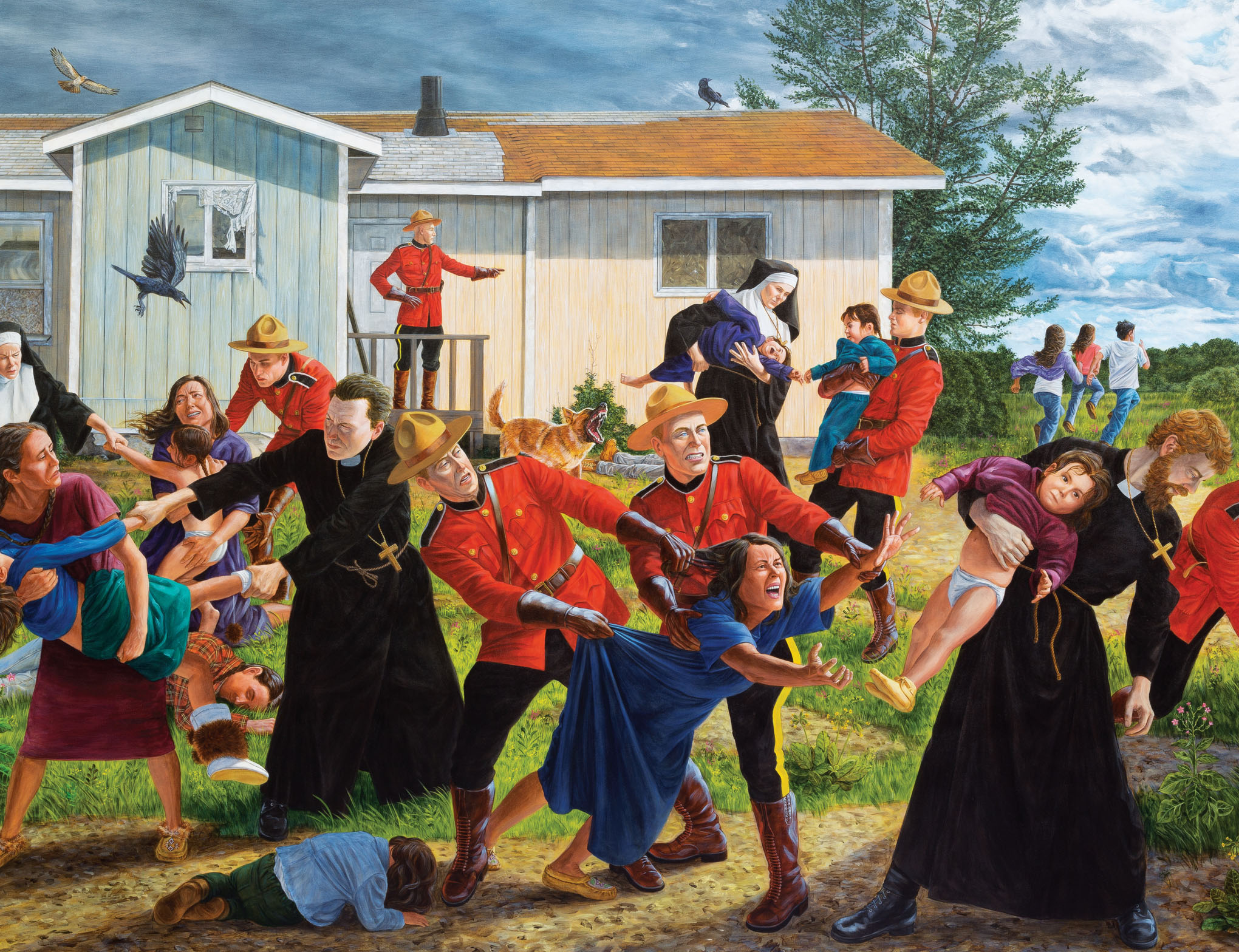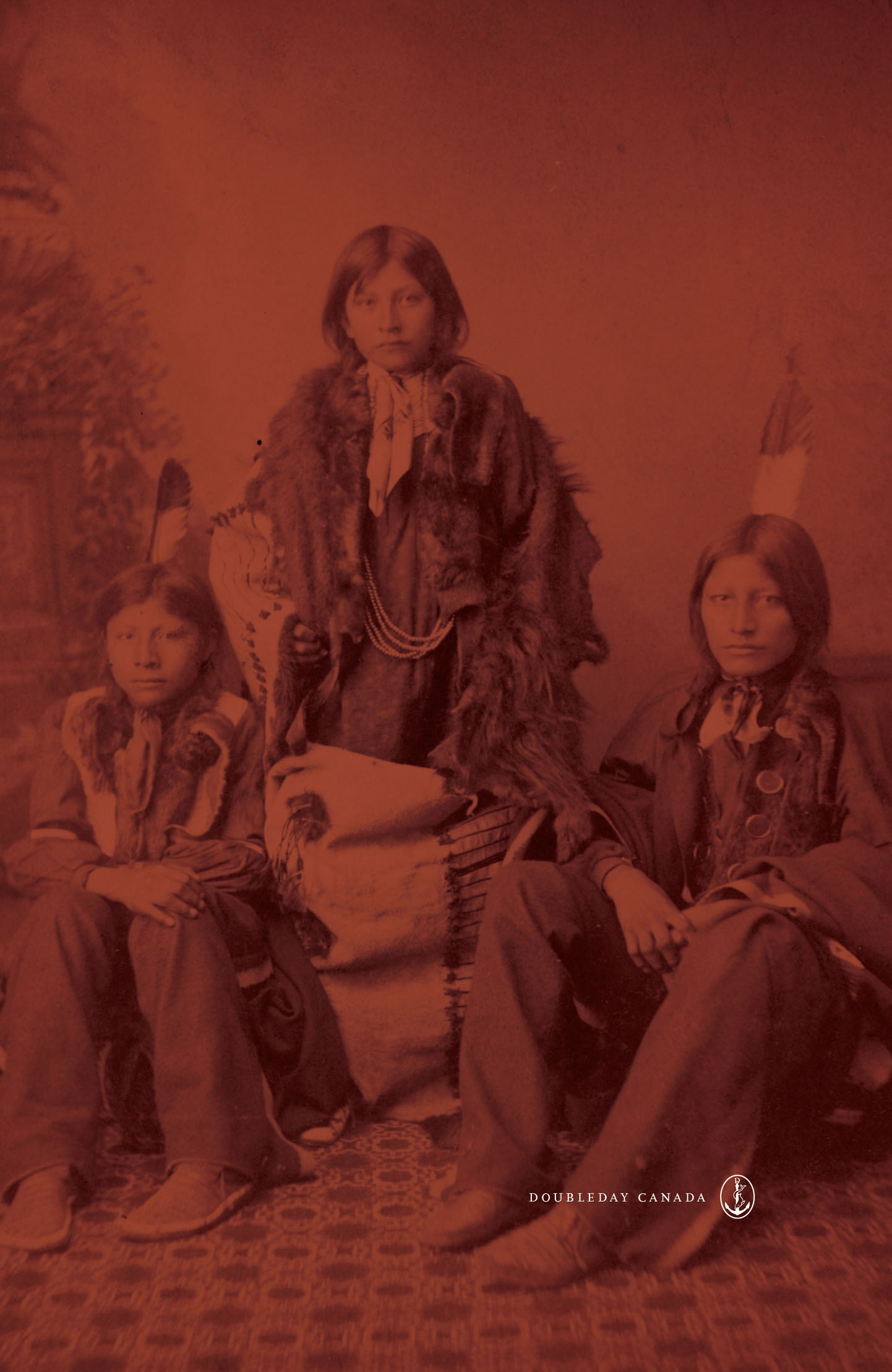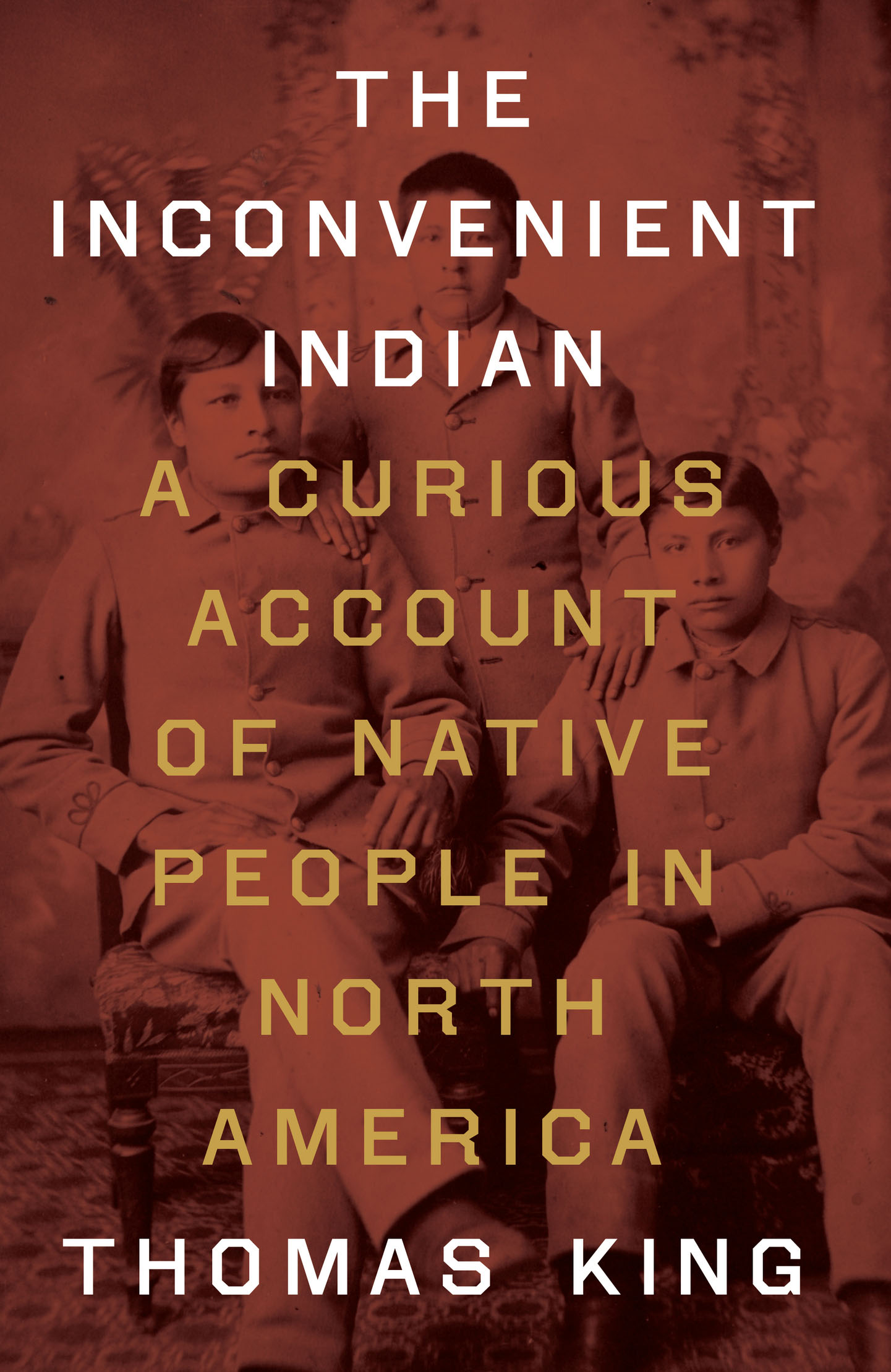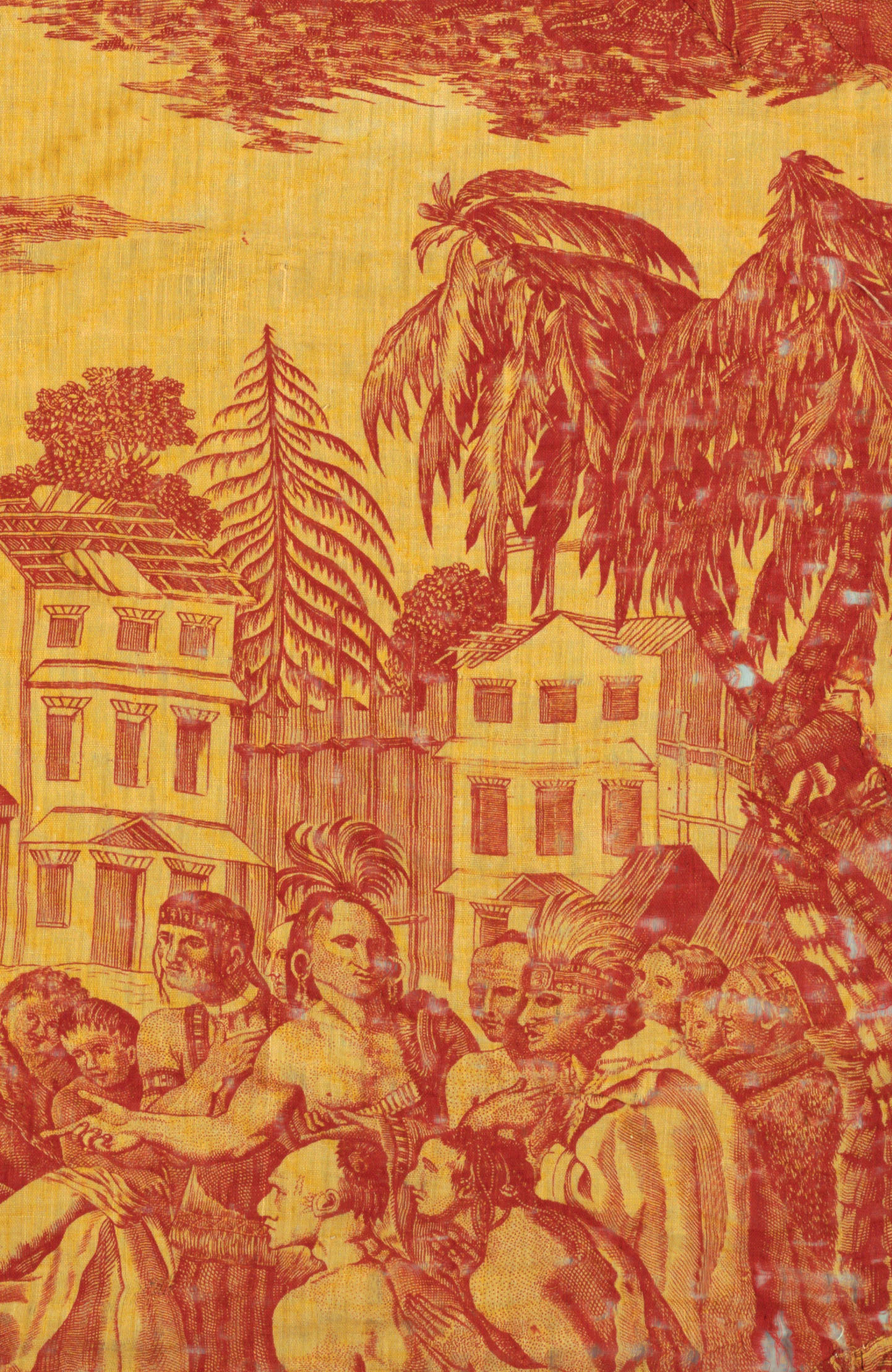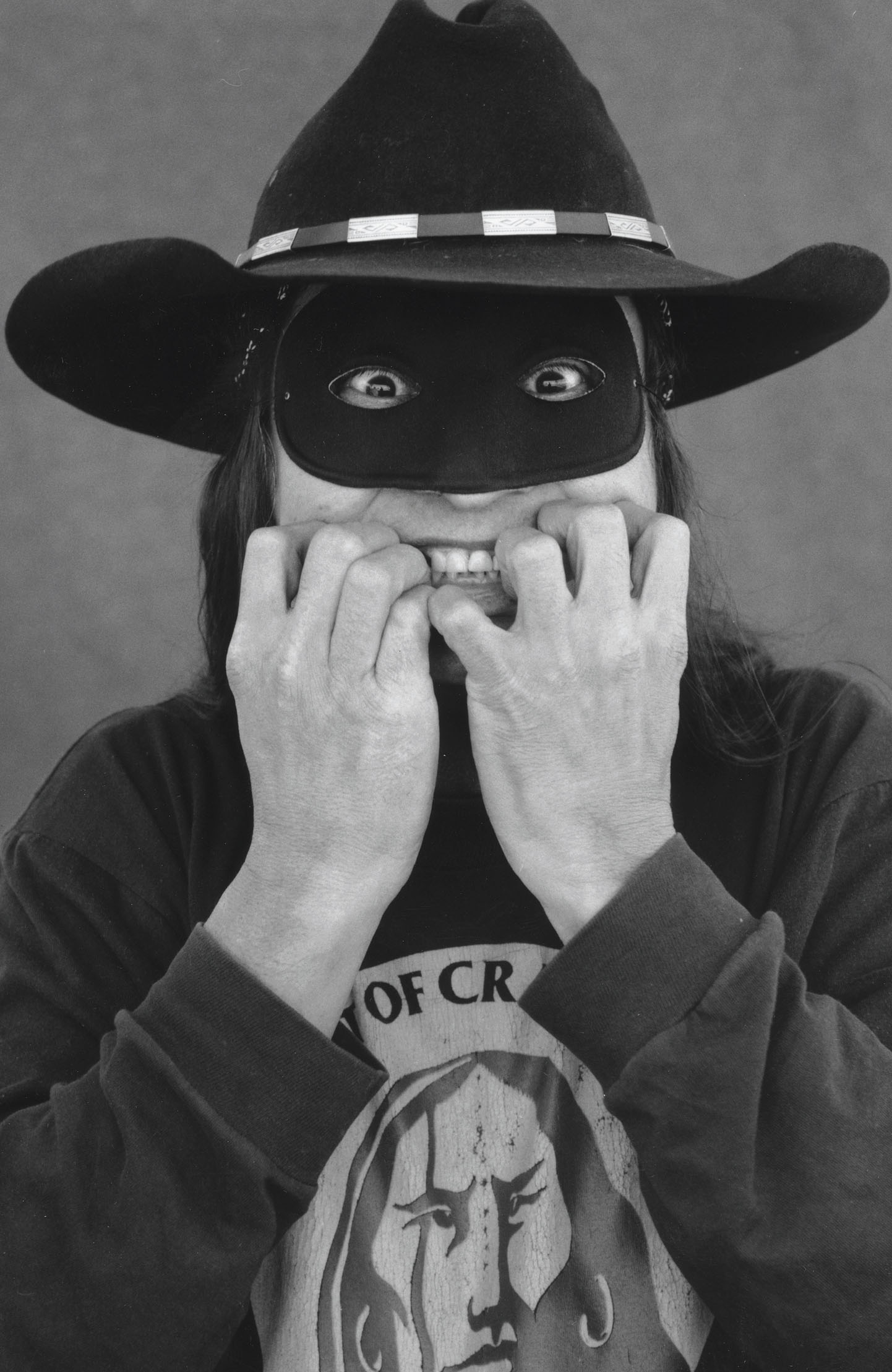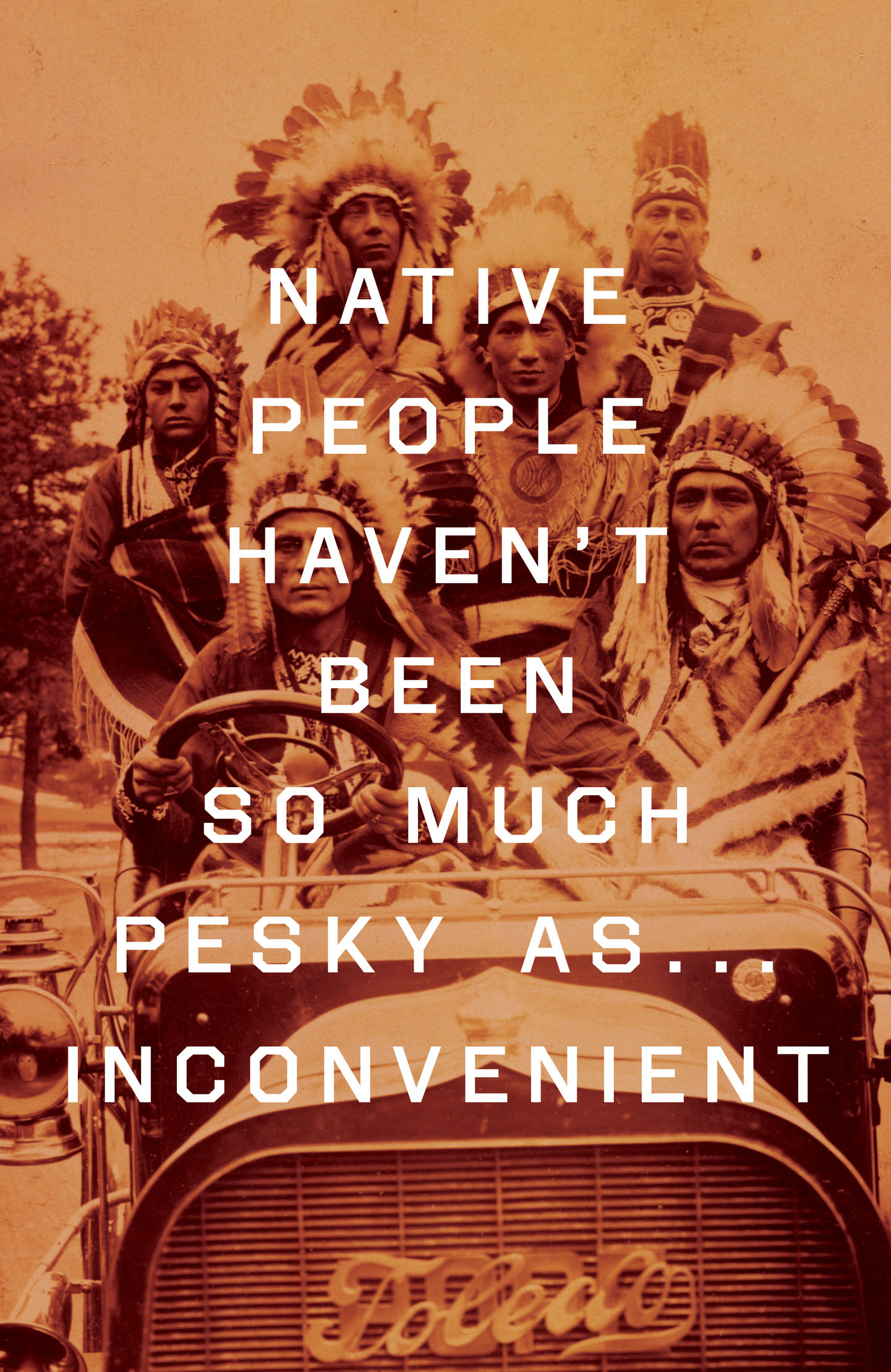Contents
The Scream, 2017, Kent Monkman
Sioux boys Henry Standing Bear, Wounded Yellow Robe, and Timber Yellow Robe before entering residential school
The boys six months later, c.18809
For the grandchildren
I will not see T. K.
TEXT COPYRIGHT 2012 THOMAS KING
ILLUSTRATED EDITION PUBLISHED 2017
All rights reserved. The use of any part of this publication, reproduced, transmitted in any form or by any means electronic, mechanical, photocopying, recording or otherwise, or stored in a retrieval system without the prior written consent of the publisheror in the case of photocopying or other reprographic copying, license from the Canadian Copyright Licensing Agencyis an infringement of the copyright law.
Doubleday Canada and colophon are registered trademarks of Penguin Random House Canada Limited
LIBRARY AND ARCHIVES CANADA CATALOGUING IN PUBLICATION
King, Thomas, 1943
[Inconvenient Indian]
The inconvenient Indian : a curious account of native
people in North America / Thomas King. The illustrated edition.
Includes index.
Issued in print and electronic formats.
ISBN 9780385690164 (hardcover).--ISBN 9780385690171 (EPUB)
1. Indians of North America--History. 2. Indians of North America--History--Pictorial works. 3. Indians of North America--Social life and customs. 4. Indians of North America--Social life and customs--Pictorial works. 5. Indians, Treatment ofNorth America. 6. Indians, Treatment of--North AmericaPictorial works. 7. North America--Ethnic relations. 8. North America--Ethnic relations--Pictorial works. I. Title. II. Title: Inconvenient Indian.
E77.K566 2017 970.00497 C2017-902455-8
C2017-902456-6
Book design by CS Richardson
Cover: Poster advertising the Cosulich Line, 20th century
Published in Canada by Doubleday Canada, a division of Penguin Random House Canada Limited
www.penguinrandomhouse.ca
v4.1
a
Penns Treaty with the Indians, c.1800
Richard Ray Whitman (Yuchi-Comanche), painter and photographer, in a Lone Ranger mask, 1994, Thomas King
CONTENTS
Indians posed in automobile, c.1905
PROLOGUE | WARM TOAST AND PORCUPINES
I am the Indian
And the burden
Lies yet with me.
RITA JOE
Poems of Rita Joe
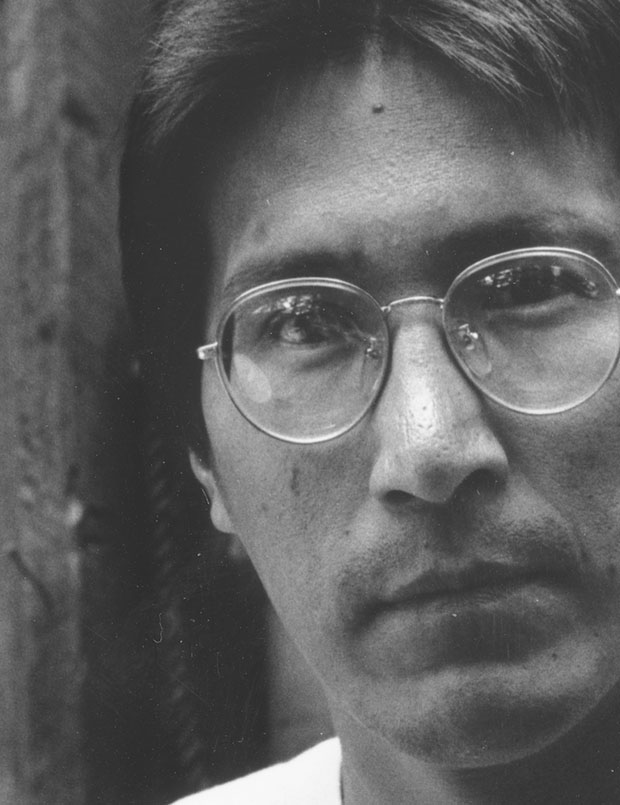
 ABOUT FIFTEEN YEARS BACK , a bunch of us got together to form a drum group. John Somosi, one of our lead singers, suggested we call ourselves The Pesky Redskins. Since we couldnt sing all that well, John argued, we needed a name that would make people smile and encourage them to overlook our musical deficiencies.
ABOUT FIFTEEN YEARS BACK , a bunch of us got together to form a drum group. John Somosi, one of our lead singers, suggested we call ourselves The Pesky Redskins. Since we couldnt sing all that well, John argued, we needed a name that would make people smile and encourage them to overlook our musical deficiencies.
We eventually settled on the Waa-Chi-Waasa Singers, which was a more stately name. Sandy Benson came up with it, and as I remember, waa-chi-waasa is Ojibway for far away. Appropriate enough, since most of the boys who sit around the drum here in Guelph, Ontario, come from somewhere other than here. Johns from Saskatoon. Sandy calls Rama home. Harold Rice was raised on the coast of British Columbia. Mike Dukes home community is near London, Ontario. James Gordon is originally from Toronto. I hail from Californias central valley, while my son Benjamin was born in Lethbridge, Alberta, and was dragged around North America with his older brother and younger sister. I dont know where he considers home to be.
Anishinaabe, Mtis, Coastal Salish, Cree, Cherokee. We have nothing much in common. Were all Aboriginal and we have the drum. Thats about it.
I had forgotten about Pesky Redskins but it must have been kicking around in my brain because, when I went looking for a title for this book, something with a bit of irony to it, there it was.
Pesky Redskins: A Curious History of Indians in North America.
Problem was, no one else liked the title. Several people I trust told me that Pesky Redskins sounded too flip and, in the end, I had to agree. Native people havent been so much pesky as weve beeninconvenient.
So I changed the title to The Inconvenient Indian: A Curious History of Native People in North America, at which point my partner, Helen Hoy, who teaches English at the University of Guelph, weighed in, cautioning that history might be too grand a word for what I was attempting. Benjamin, who was finishing a Ph.D. in History at Stanford, agreed with his mother and pointed out that if I was going to call the book a history, I would be obliged to pay attention to the demands of scholarship and work within an organized and clearly delineated chronology.
Now, its not that I think such things as chronologies are a bad idea, but Im somewhat attached to the Ezra Pound School of History. While not subscribing to his political beliefs, I do agree with Pound that We do NOT know the past in chronological sequence. It may be convenient to lay it out anesthetized on the table with dates pasted on here and there, but what we know we know by ripples and spirals eddying out from us and from our own time.



